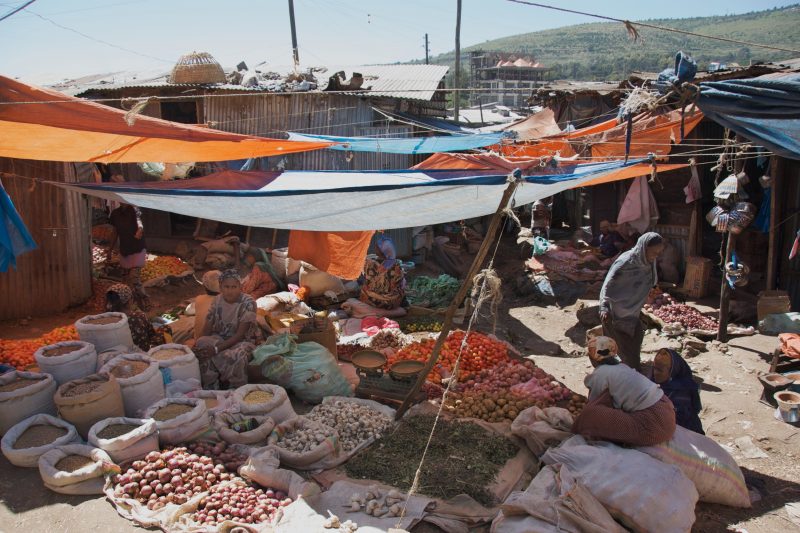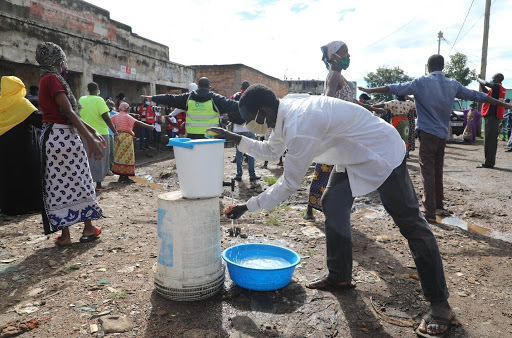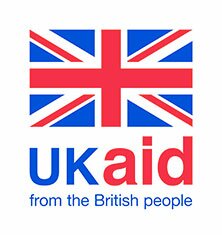COVID-19

This research report is the fourth in a series of six rounds of research, looking at the effects of COVID-19 on the poor and vulnerable urban households in Ethiopia. The report assesses the governments ongoing response to the pandemic as well as changes in household food security, livelihoods, education and access and use of health services and, explores how attitudes and behaviour towards the pandemic have changed. The results so far indicate that there have been varied impacts throughout the research sample, which to an extent are related to structural inequalities. The first three reports are available here.
Authored by Donna Harris, Biniyam Tadesse, Israel Mitiku, Mekdes Demissie, Alula Teklu, Girmay Medhin, and Frehiwot Belachew.






This brief from the third report in a 6-part series, explores the impact of COVID-19 and government response measures on poor and vulnerable groups in urban areas in Ethiopia. The findings highlight four key areas for urgent attention: misconceptions about COVID-19, rising food prices, inadequate and costly water supply and a reduction in the number of people receiving aid. The full research report can be found here. Authored by Donna Harris, Biniyam Tadesse, Israel Mitiku, Mekdes Demissie, Alula Teklu, Girmay Medhin, and Frehiwot Belachew.






This brief summarizes the recommendations and learning from the report published which explores the role that traditional leaders have played in the response to COVID-19 in Sierra Leone.






This report explores the role of traditional leaders – Paramount Chiefs, Youth Leaders and Mammy Queens – in Sierra Leone in responding to the COVID-19 crisis. This qualitative study in Kono district finds that traditional leaders did indeed play a key role, but that participation and decision-making was uneven. The report lays out recommendations to institutionalise the role of traditional leaders, in an inclusive way, to ensure further successes of state collaboration with traditional leaders in future crises.






Credit: Kasper Bøgsted Kristensen, Danish Red Cross
This brief from the second report of a six-part series exploring the impact of COVID-19 on vulnerable groups in Ethiopia, highlights the importance of policies that ensure the most vulnerable benefit from the support provided by government and other organisations, and that the process of targeting the support is transparent. Authored by Donna Harris, Alula Teklu, Girmay Medhin, Israel Mitiku, Biniyam Tadesse, Mekdes Demissie, and Frehiwot Bekele. The study is funded through the Building Resilience in Ethiopia (BRE) Programme and implemented in partnership with the Maintains Programme.



Credit: Kasper Bøgsted Kristensen, Danish Red Cross



This research report is the second in a series of six reports which provide an insight into the extent to which COVID-19 and associated government responses and measures affect the urban poor and vulnerable individuals across 10 cities and towns in Ethiopia. The findings have highlighted the importance of designing policy that ensures the most vulnerable benefit from the support provided by government and other organisations, and that the process of targeting the support is transparent. Authored by Donna Harris, Alula Teklu, Girmay Medhin, Israel Mitiku, Biniyam Tadesse, Mekdes Demissie, and Frehiwot Bekele. The study is funded through the Building Resilience in Ethiopia (BRE) Programme and implemented in partnership with the Maintains Programme.






Credit: Stanford Alumni Association Travel-Study Program, October - November 2007
This brief presents key findings from round one of a six part study, exploring the impact of COVID-19 and government response measures on poor and vulnerable groups in urban areas in Ethiopia. The full research report can be found here. Authored by Donna Harris, Alula Teklu, Girmay Medhin, Israel Mitiku, Biniyam Tadesse, and Mekdes Demissie. The study is funded through the Building Resilience in Ethiopia (BRE) Programme and implemented in partnership with the Maintains Programme.



Credit: Stanford Alumni Association Travel-Study Program, October - November 2007





Credit: John Bundi / Kenya Red Cross Society
This executive summary of the full report documents the experiences and challenges of scaling up the response to COVID-19 in the first three months of the outbreak – March to May 2020 – in five countries: Bangladesh, Kenya, Pakistan, Sierra Leone, and Uganda. Authored by Debbie Hillier, Tom Newton-Lewis, Rithika Nair, and Christoph Larsen.





Credit: John Bundi / Kenya Red Cross Society





Credit: John Bundi / Kenya Red Cross Society
This report synthesises the findings from a series of rapid situation analyses on the initial response to COVID-19 in the first few months of the outbreak – March to May 2020 – in five countries: Bangladesh, Kenya, Pakistan, Sierra Leone, and Uganda. Authored by Debbie Hillier, Tom Newton-Lewis, Rithika Nair, and Christoph Larsen.





Credit: John Bundi / Kenya Red Cross Society


